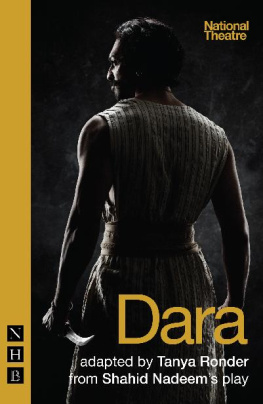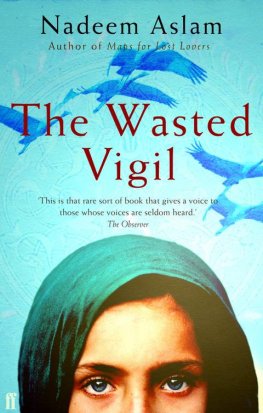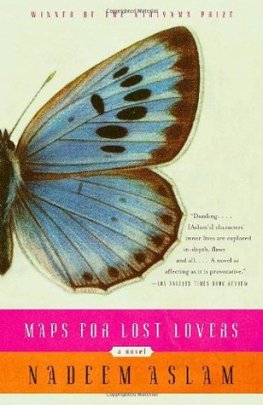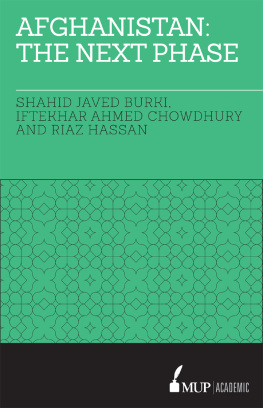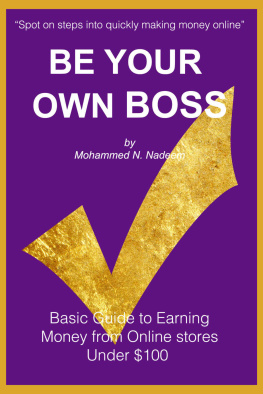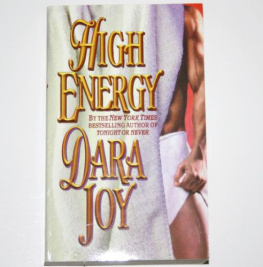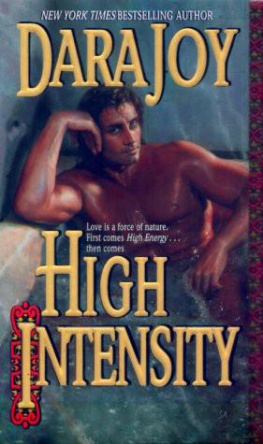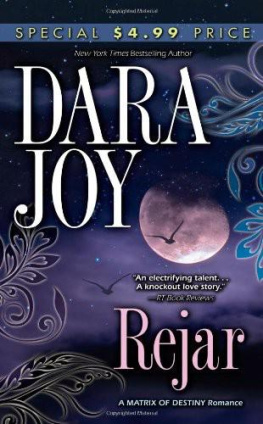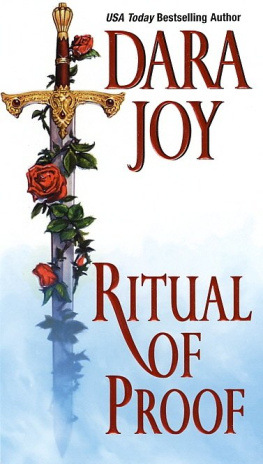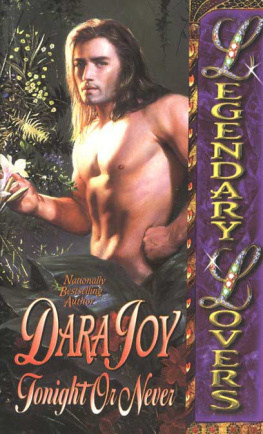DARA
adapted by
Tanya Ronder
from the play by
Shahid Nadeem
NICK HERN BOOKS
London
www.nickhernbooks.co.uk
Contents
Dara at the National Theatre
Tanya Ronder
In the West we are, as a general rule, undereducated about South Asian history and also about the fastest growing religion in the world: Islam. Ajoka Theatre, in Shahid Nadeems play Dara , unearthed the perfect story for us to dive into an incredible piece of Asian history and to endeavour to discover more about Islam.
In 1658, Dara, the beloved Crown Prince of the Mughal Empire, Sufi, poet, compassionate thinker, and his conservative younger brother, Aurangzeb, battled bloodily for their fathers throne. Their difference of opinion about how they as Muslim rulers should deal with the vast subcontinent that was Hindustan is played out in their dramatic story.
My brief was to take Shahid Nadeems play and adapt it for a National Theatre audience. We set out, myself and director Nadia Fall, to unpack the events cited in the original play, to educate ourselves, and to recreate the story in a way that didnt put our audience at arms length, able to write the drama off as a story that was not theirs. The tale of Dara and Aurangzeb is one which a Pakistani or an Indian audience would have preexisting knowledge and some ownership of. A story, albeit differently told across borders, which children all over the Indian subcontinent will have heard at school or at home, (perhaps akin to our connection in Britain to Henry VIII or Elizabeth I), but that very few of us in the West know about.
Not only is it a new story for us about a fascinating time, with a compelling cast list of people who actually existed, it is also a gift of a vehicle with which to enter into the different interpretations of Islam. Here were two brothers who had vastly contrasting understandings of this profoundly important faith. Despite a few discrepancies in source material, the core facts explored here are indisputable; we cannot argue with them. So these ancient events offer us the chance to dive in to the Mughal Princes circumstances, step into their shoes and, from that viewpoint, strive to better understand their religious dispute. The Sufi saying from medieval Persia This too shall pass serves as a wise shorthand for the perennial truth that everything in life changes, but, fifteen hundred years after Islam was established, the arguments over interpretation which emerged after the death of the Prophet, peace be upon him, reverberate today.
The National Theatre sent Nadia and myself to Pakistan and India. We were able to see Ajoka Theatres work in context and visit the incredible Mughal sites of Lahore, Delhi and Agra. We read extensively around the history of that moment. We had the challenge of needing to imbue the play with more facts for our audience, about both Islam and Mughal India, but also we needed to fill out the drama. Ajokas production was bold, beautifully exuberant and colourful, with music and dance central to the show, but the flavour of our theatregoing is very different. There were more sections of reported narrative rather than scenes, songs which have resonance in Lahore which would fall on ignorant ears here. We needed more context, more drama as we knew it, and less reason to detach from the tale.
In Pakistan, only Aurangzebs story has had a generous outing over the centuries, so Ajoka had the task of setting the record straight by putting Dara on the map. But our task was different; it became to ask who were both brothers as men, who were they as children and how did the family dynamics affect their religious beliefs and political moves?
The result is a more recognisable shape of play; it has expanded to five acts, it starts before the original begins and ends several decades later. I have added in a trial scene to give Dara the voice I think we need to hear, and added various characters and storylines, all taken from or inspired by historical facts Itbar and Afia, Murad, Mian Mir, Hira Bai and Aurangzebs relationship with her and also incorporated a childhood for the brothers and sisters of this Mughal court. All in an attempt to round the story out, to make it a fairer fight between the brothers and to hopefully give our audience the psychological and emotional complexity they are used to.
Ajokas bravery in mounting their work in current-day Pakistan, where the endeavour to question the status quo can be answered harshly, speaks for itself. The fact that Shahid Nadeem has also pinpointed so perfectly this moment in world history, which can bring us closer to an understanding of the more hidden, open and spiritual sides of Islam, is inspired. I hope that the resulting adaptation does justice, both to the original play and to the characters whose lives are depicted on stage. Especially to Dara, whose gentle, generous vision of the world never got its chance to penetrate, unfortunately for us, beyond his reach as a prince within his lifetime.
January 2015
The Original Dara
Shahid Nadeem
What would have been the course of Indian history had Dara Shikoh become the Emperor instead of Aurangzeb? This question has always fascinated me. The question has become more intriguing with the sharpening of the conflict between the Salafist and Sufi interpretations of Islam, and the contradictory versions of Mughal history with one sides heroes becoming the other sides villains. The Indian subcontinent has seen countless bloody power struggles, but no two contenders to the throne have been so diametrically opposed to each other.
Aurangzeb, the religious fanatic, fired with an ambition to capture power, was obsessed with the impossible dream of bringing the whole of the subcontinent under his Islamic rule. He was focused, ambitious, a wily commander. He was ruthless and scheming, a manipulator par excellence, the Muslim worlds answer to Machiavelli and Chanakia. On the other hand, Dara was a spoilt Crown Prince, with little battlefield experience, Emperor Shah Jahans favourite. But he was also a poet of considerable merit, a calligraphist, a painter, a serious scholar of comparative religion and, above all, a practising Sufi, a disciple of Mian Mir and Mullah Shah Badakhshi, a close associate of the radical mystic Sarmad. While Aurangzeb wanted to bring all non-Muslim rulers to their knees, Dara wanted to search for common grounds among Indian religions. Aurangzeb was bent upon imposing a fundamentalist Sharia rule over an overwhelmingly non-Muslim India, outlawing music, poetry, fine arts. But Dara was determined to build upon Akbars legacy of a syncretic religious and cultural ethos.
It is an extreme irony that Aurangzeb, the killer of his brothers, nephews, his own offspring, the destroyer of the Mughal Empire, has been projected as a Muslim hero, as a role model by our partisan historians and biased scholars. And Dara? He is almost non-existent. Dara, the great scholar, the sensitive artist, the passionate and devoted Sufi, the patron of arts, the prince of the people, the visionary, has almost been wiped out from the history books. Not only Dara, but Princess Jahan Ara, the amazing woman mystic and scholar, Zeb-un-Nissa Makhfi, also Aurangzebs daughter and the great poet of the Mughal era, and Sarmad, the mysterious mystic, are all missing from our history books. If we want to reverse the retrogressive process of religious extremism and bigotry, we have to revisit this critical and dramatic point in our history.
January 2010
Shahid Nadeems original play Dara was first performed by Ajoka Theatre at Alhamra Arts Council, Lahore, Pakistan, in January 2010, and later in Karachi and Islamabad in Pakistan, and Amritsar, Delhi, Lucknow, Jaipur and Hyderabad in India.


